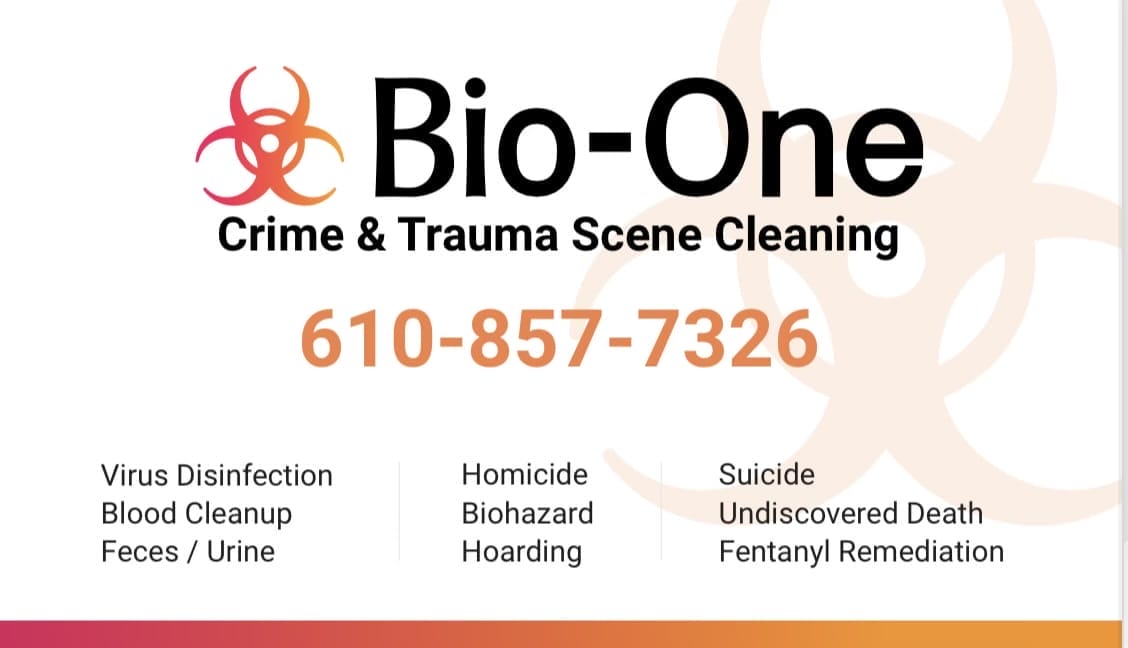In an era where safety concerns and security threats loom large, the vigilance surrounding suspicious substances has never been more critical. The presence of unknown powders, whether encountered accidentally or intentionally, poses significant risks to individuals and communities. As such, it is paramount to emphasize the necessity of having suspicious powders tested. Here's why:Protecting Public Health: Unknown powders can contain harmful substances such as toxic chemicals, drugs, or biological agents. Exposure to these substances, even in small quantities, can lead to severe health consequences, ranging from irritation and allergic reactions to respiratory problems and organ damage. By having suspicious powders tested, individuals can mitigate health risks and ensure appropriate measures are taken to safeguard public health.Preventing Accidental Harm: In households, workplaces, or public spaces, encountering unidentified powders is not uncommon. Accidental exposure or ingestion of these powders can result in unintended harm, particularly to children or unsuspecting individuals. Testing suspicious powders enables prompt identification of potential hazards, reducing the likelihood of accidental ingestion or contact and minimizing associated injuries.Mitigating Security Threats: In today's security landscape, the possibility of encountering hazardous substances intended for malicious purposes cannot be ignored. Suspicious powders may be part of nefarious activities such as terrorism, drug trafficking, or chemical attacks. Prompt testing of these substances allows authorities to assess the threat level, implement appropriate response protocols, and prevent potential harm to individuals and communities.Ensuring Environmental Safety: Some unknown powders may not only pose risks to human health but also have adverse effects on the environment. Chemical spills or contamination incidents involving unidentified substances can contaminate soil, water sources, and air, endangering ecosystems and wildlife. Testing suspicious powders helps identify hazardous components and facilitates the implementation of remediation measures to minimize environmental impact.
Promoting Responsible Handling: By advocating for the testing of suspicious powders, we promote a culture of responsible handling and awareness. Encouraging individuals to seek professional testing services when encountering unknown substances fosters a proactive approach to safety and security. It empowers individuals to take appropriate action rather than risking potential harm through ignorance or negligence.Legal and Regulatory Compliance: In many jurisdictions, the handling and disposal of hazardous substances are subject to strict regulations. Failure to comply with these regulations can result in legal consequences and fines. Having suspicious powders tested by accredited laboratories ensures compliance with applicable laws and regulations, demonstrating a commitment to safety and responsible citizenship.In conclusion, the decision to have suspicious powders tested is not just a matter of caution; it is a fundamental step in ensuring the safety, security, and well-being of individuals and communities. By prioritizing the identification and mitigation of potential hazards, we can proactively address threats to public health, prevent accidents, and safeguard against malicious activities. In a world where uncertainty prevails, knowledge and preparedness are our best defenses against the dangers posed by unknown substances.



